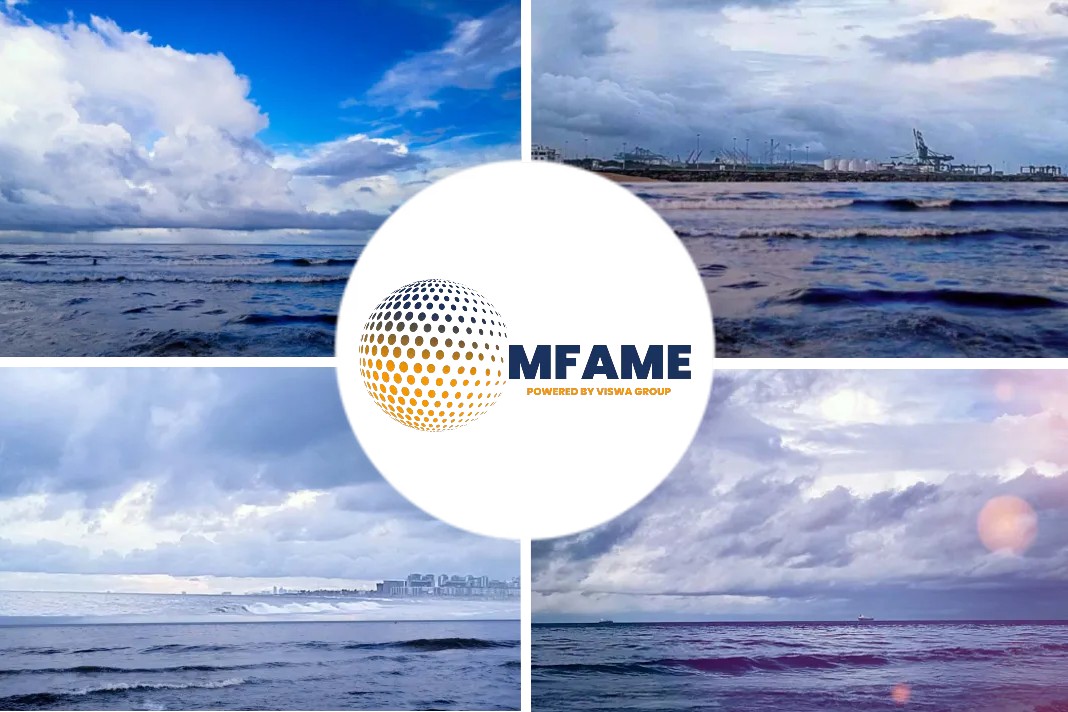Alok Sharma, head of commercial at Glencore subsidiary Inatech, recently spoke with MarEx about the outlook for bunkering. Inatech provides software solutions to both bunker suppliers and bunker buyers, giving it a unique perspective on both sides of the market.
MarEx: How do you expect that the 2020 sulfur regulations will affect shipping?
The sulfur regulations will create a significant, disruptive change in the demand pattern almost overnight. You can expect shortages, and you can expect that the right type of fuel product is not always going to be available at the right place and the right time.
The shipping industry consumes about 2.5 million barrels per day of fuel oil, and that will have to shift to either MGO or ultra-low-sulfur fuel oil. Today there’s a $200 gap between heavy fuel oil and gas oil. If I’m a shipowner and I don’t make any changes, I’m going to pay $200 per ton more. That’s a material cost to my operation. Fuel represents half the cost of vessel operations, and at current prices, a $200 per ton increase means an increase in total operating costs of at least 20 percent. If I’m just barely surviving in a sluggish market and I have an additional 20-25 percent cost, that’s scary stuff – and I can’t expect to pass this expense on to the shipper.
MarEx: How much of a role will scrubbers have in this market?
The vessel operators face a high cost no matter what they do. If you put scrubbers on board, you pay a capital expense of $2-3 million. And it may not even be an option, depending on the type of ship you have and the availability of the equipment. There are about 1,000 ships with scrubbers fitted today, and the scrubber manufacturers could probably fit another 200-300 per year if they had full orderbooks. We have about 2.5 years left to get ready, and there are about 50,000 deep sea vessels. This means that scrubbers are just not a mainstream option – they are a niche option to use if you’re in a particular trade area or a particular business.
MarEx: Can we expect to see attempts at non-compliance?
Non-compliance is not realistic. This regulation will be easy to enforce, because the evidence is right there in the fuel tanks. There will be some cowboy operators, but the large corporate shippers will not accept that kind of attitude. Mainstream shipping won’t risk losing the business of big, reputable clients.
MarEx: What does the industry need to do to get ready?
I don’t see bunker suppliers and bunker consumers talking about this problem in a meaningful way – and if there is a conversation going on, it’s only happening behind closed doors. It’s time to sit down and talk about these challenges openly.
Did you subscribe for our daily newsletter?
It’s Free! Click here to Subscribe!
Source: The Maritime Executive
















